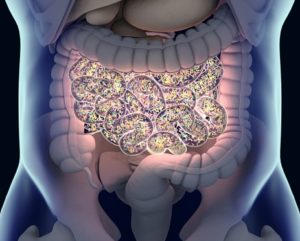Researchers of a recent study investigated the potential causal link between inflammatory bowel disease (IBD) and cancer risk using a comprehensive approach that combined genetic correlation, Mendelian randomization (MR), and colocalization analyses. While observational studies have previously suggested associations between IBD and various cancers, including colorectal and extraintestinal cancers, this study found no robust genetic evidence linking IBD with cancer in both East Asian and European populations.
The study used the latest genome-wide association study (GWAS) data to assess the relationship between IBD and multiple cancer types. Although MR analysis found potential associations between Crohn’s disease (CD) and ovarian cancer, and between ulcerative colitis (UC) and nonmelanoma skin cancer, these results were not supported by genetic correlation or colocalization analyses. This suggests that the associations identified in MR analysis may reflect false positives. The findings emphasize the importance of cautious interpretation of the IBD-cancer link and the need for further research to explore shared risk factors and the role of IBD treatments in cancer risk.
Reference: Liu D, Cao M, Wang H, et al. Association between inflammatory bowel disease and cancer risk: evidence triangulation from genetic correlation, Mendelian randomization, and colocalization analyses across East Asian and European populations. BMC Med. 2024 Mar 25;22(1):137. doi: 10.1186/s12916-024-03352-9. PMID: 38528540; PMCID: PMC10964701.









